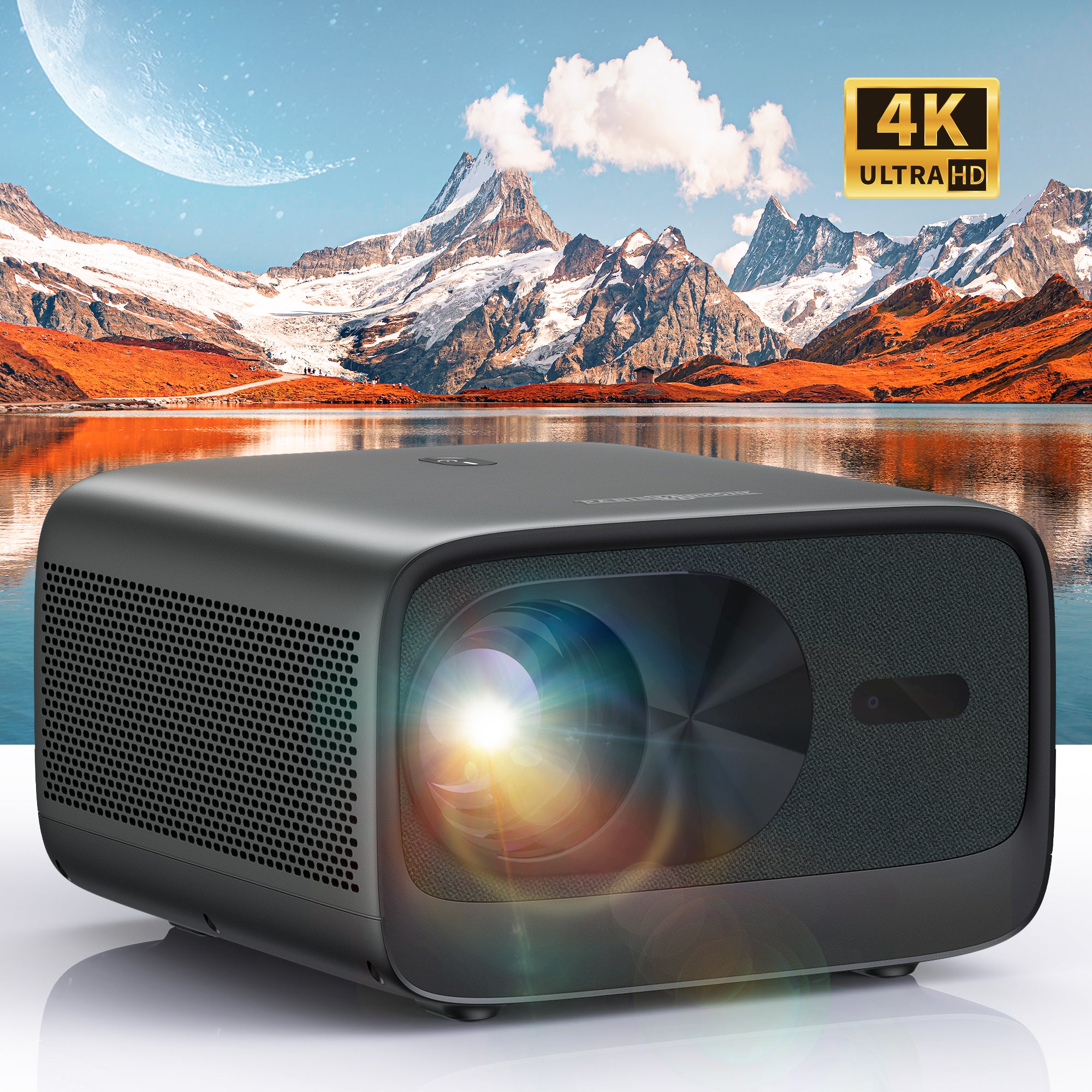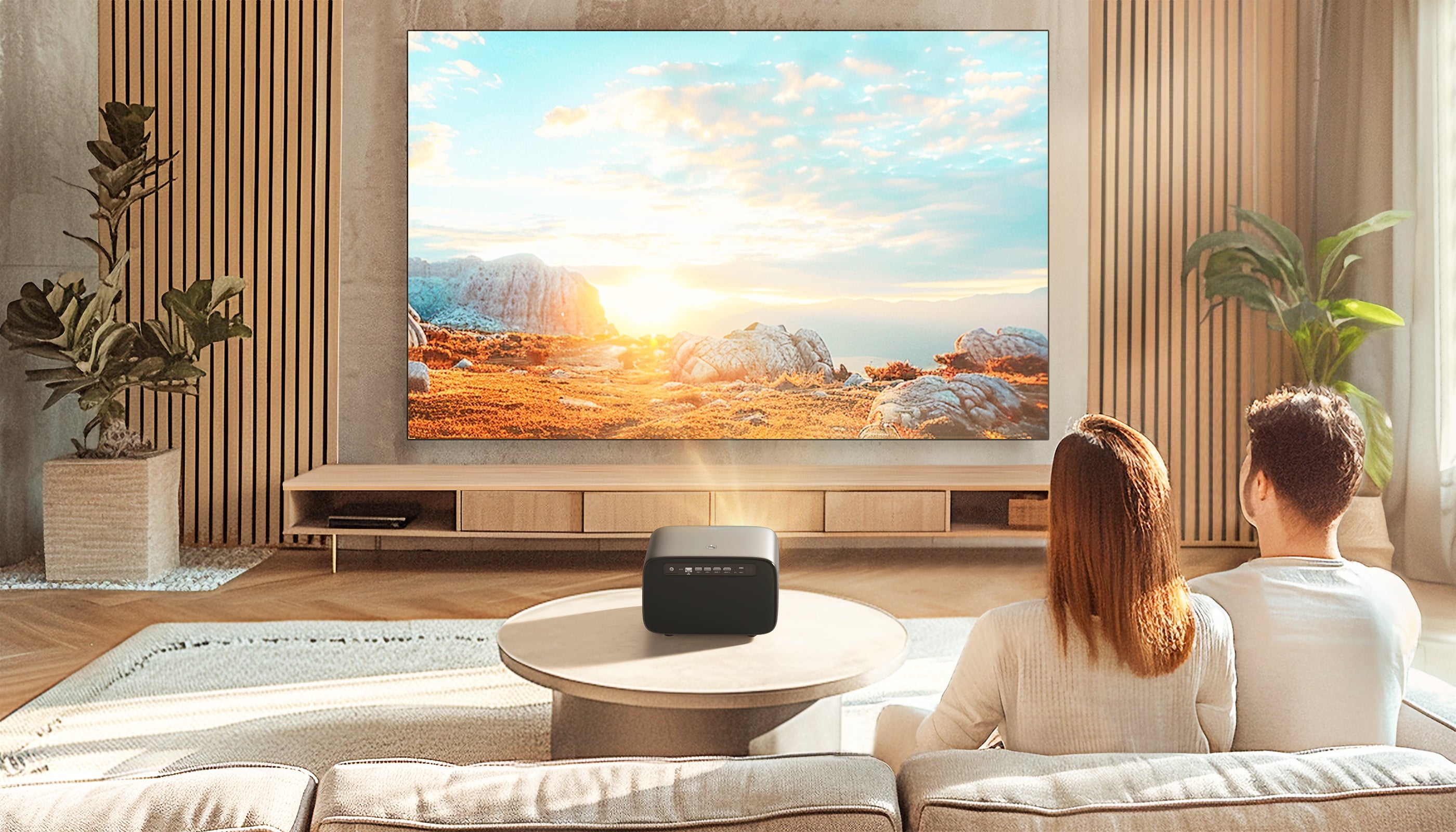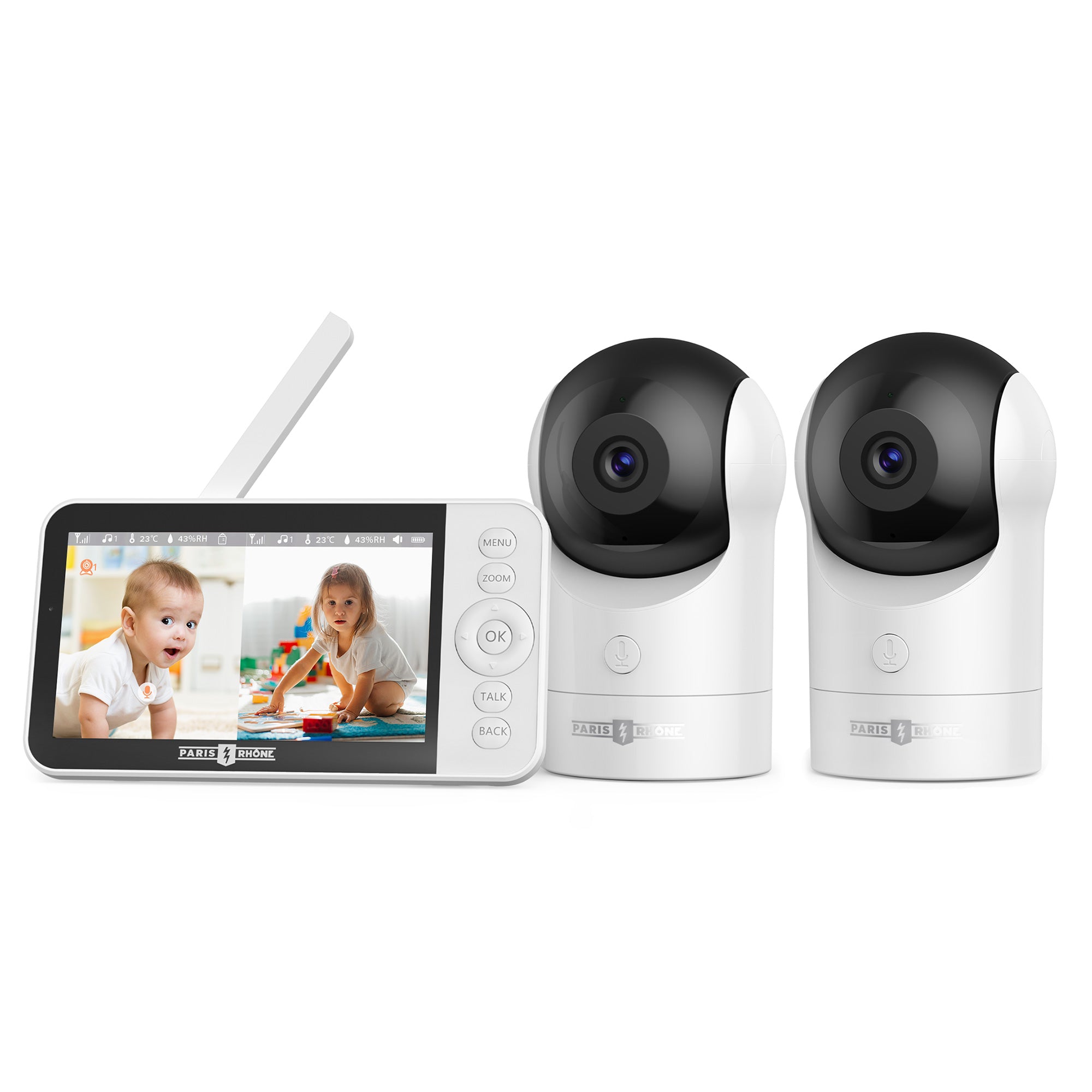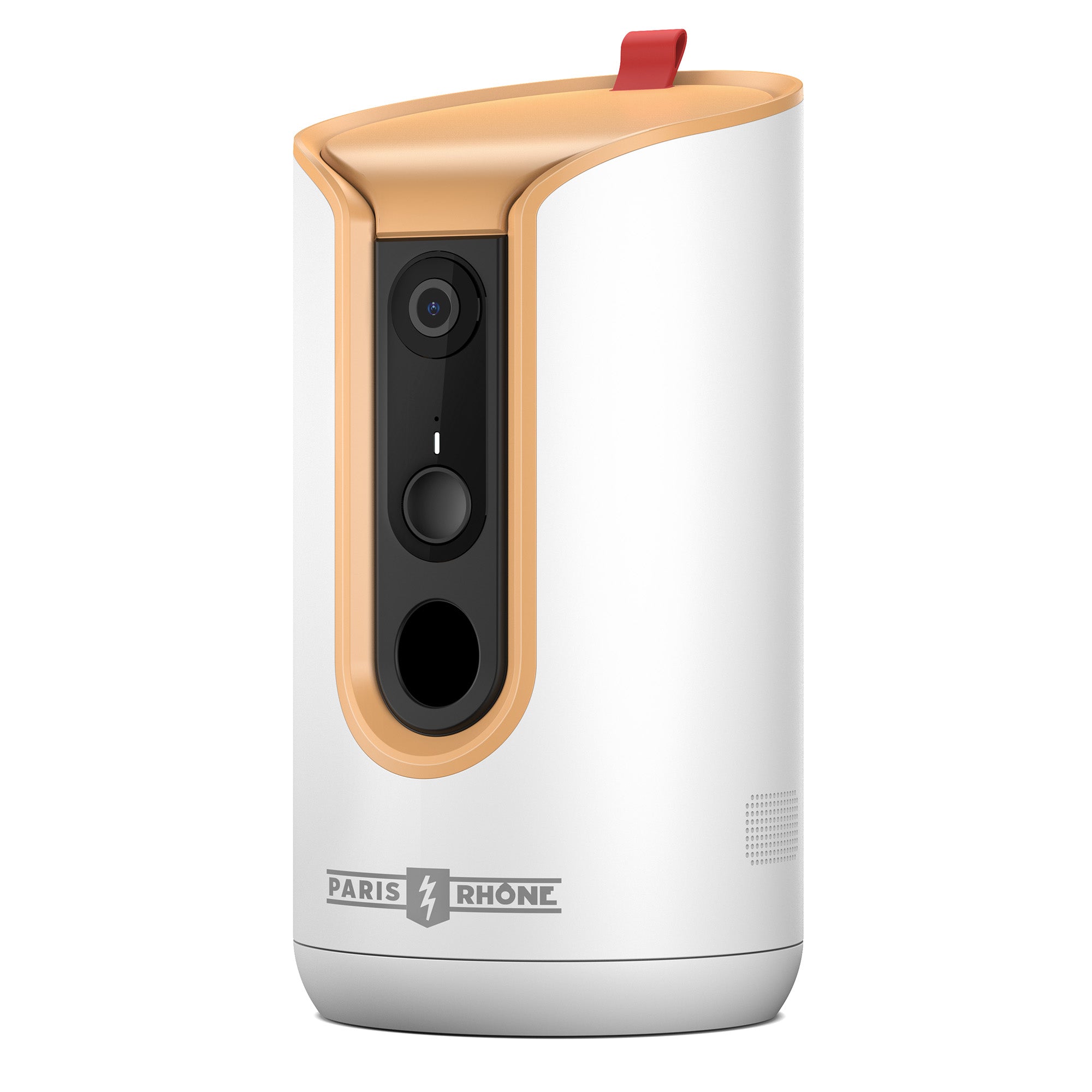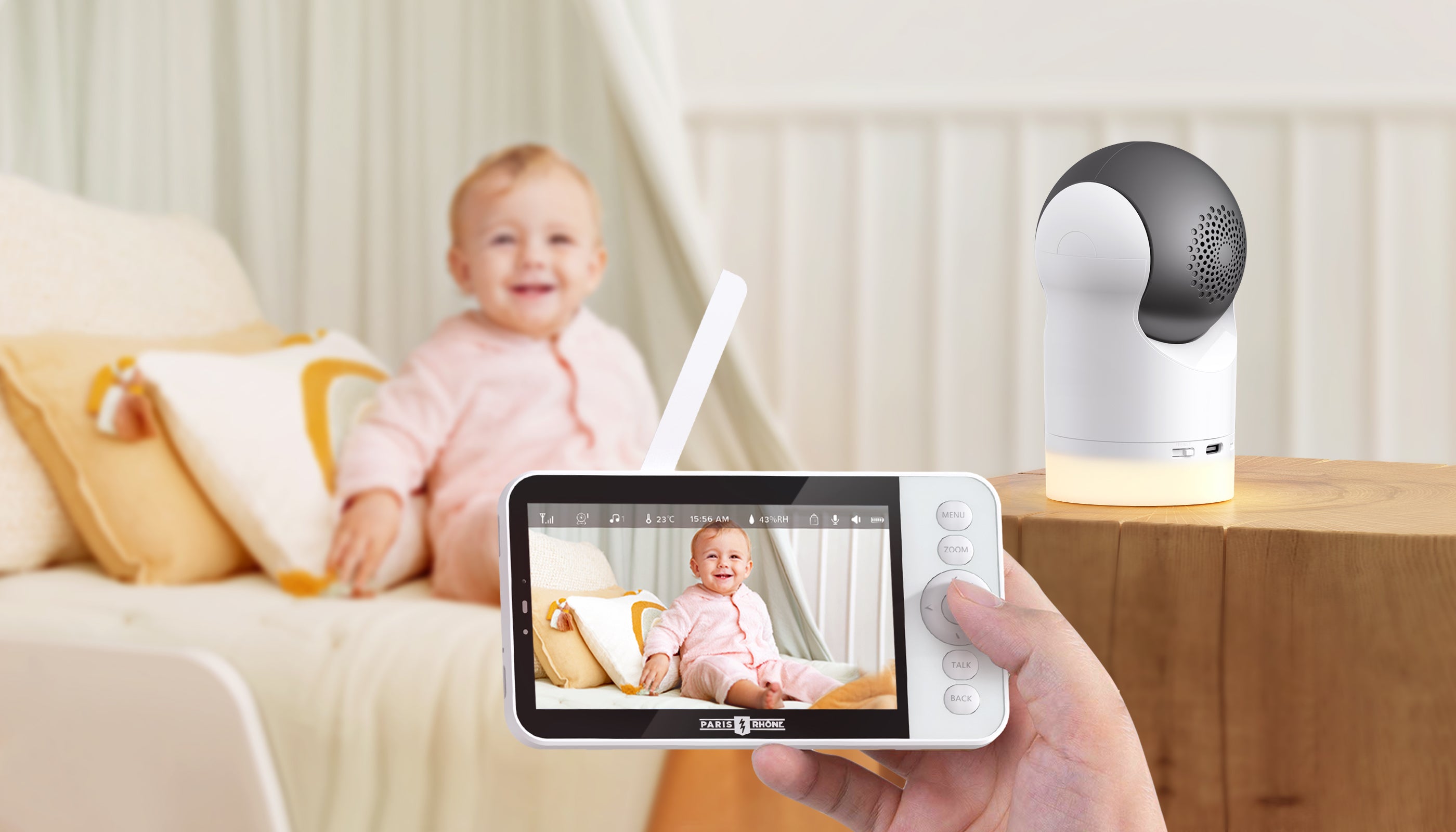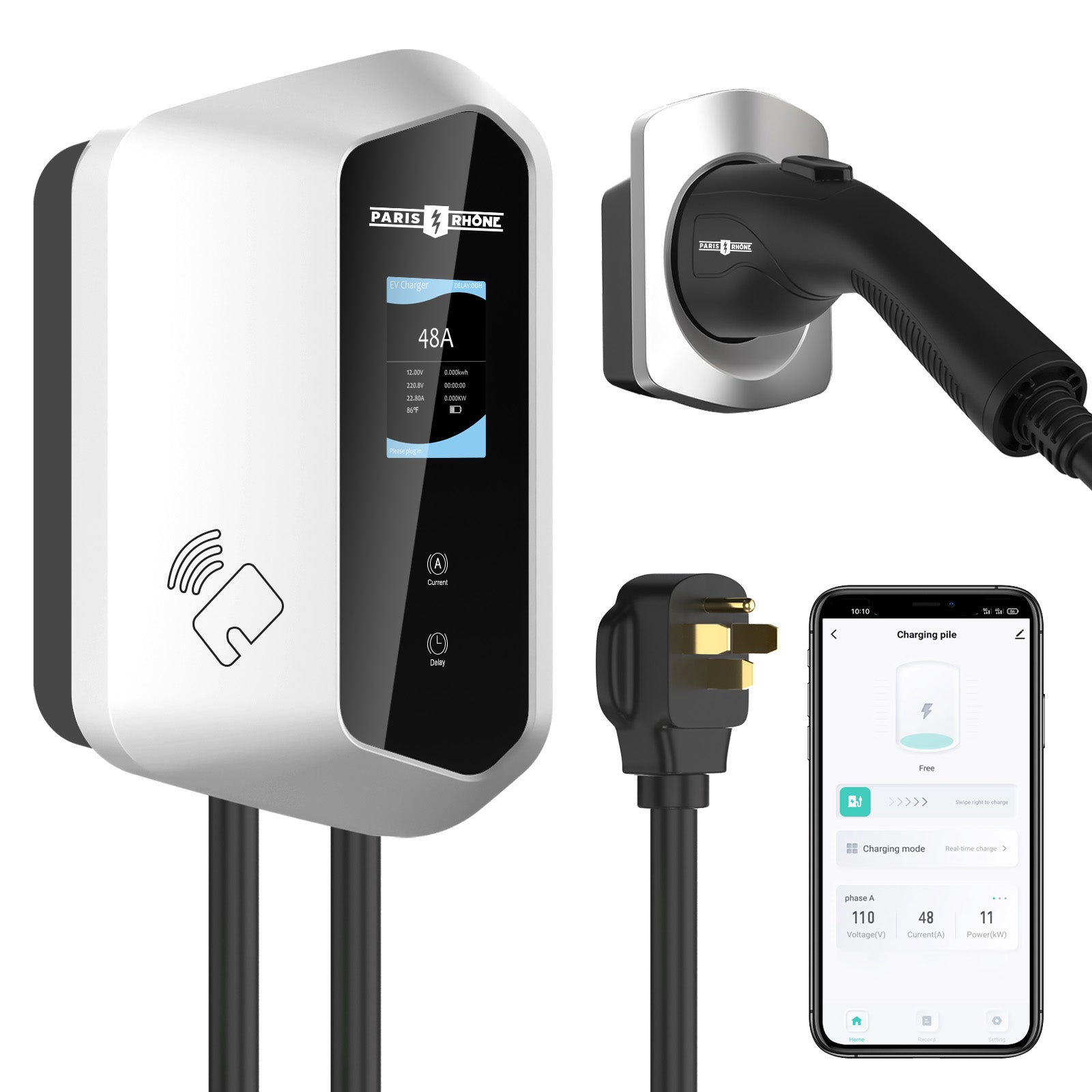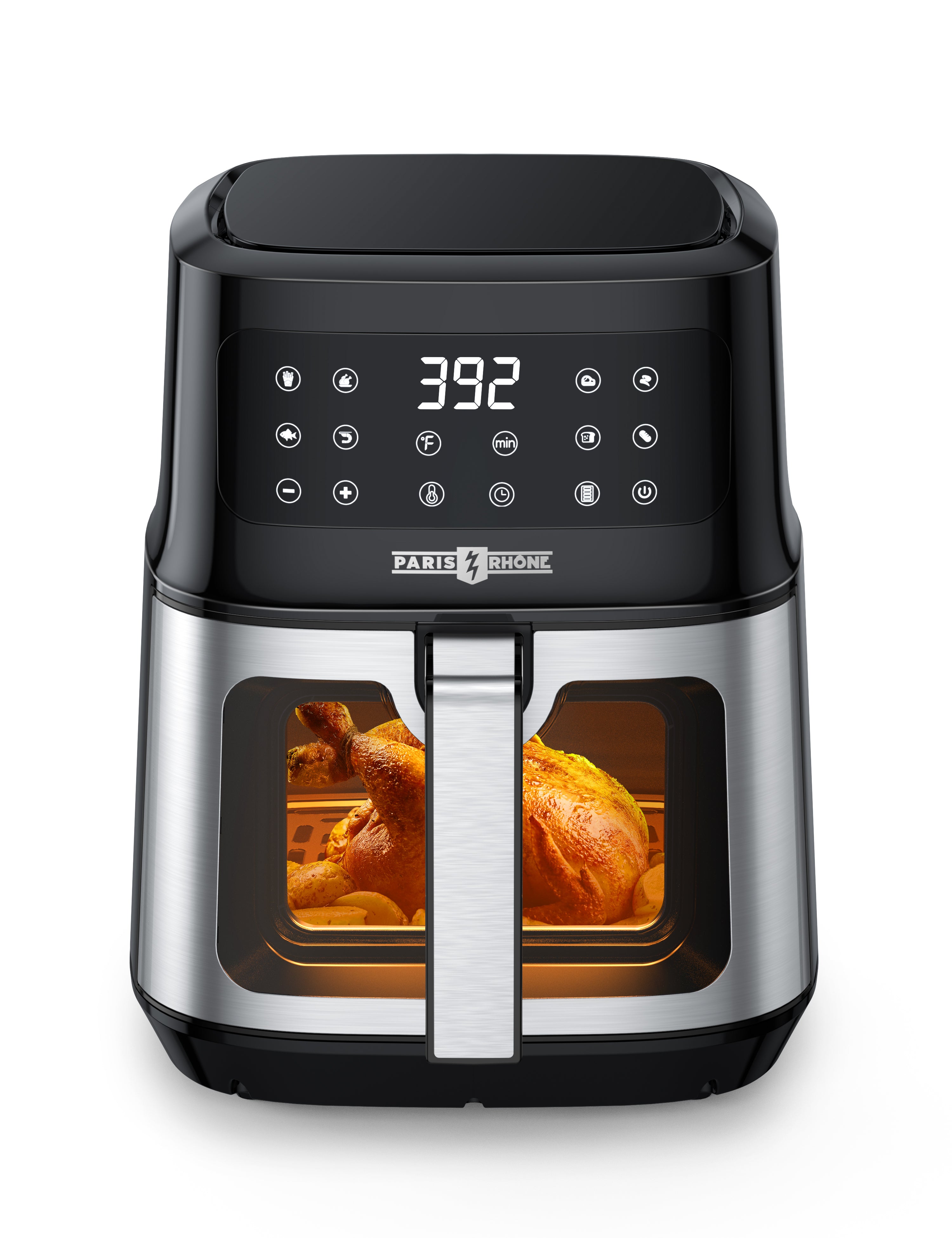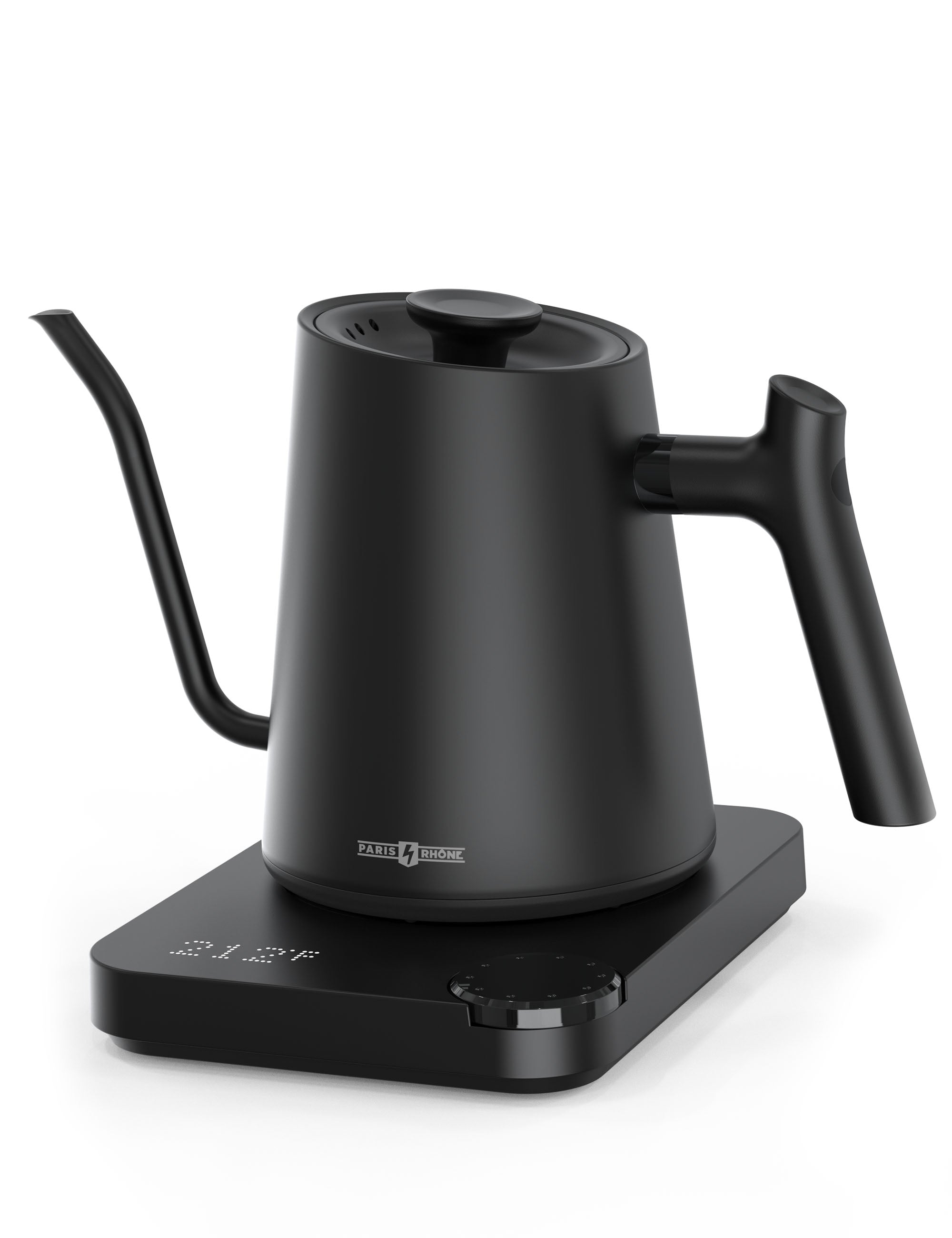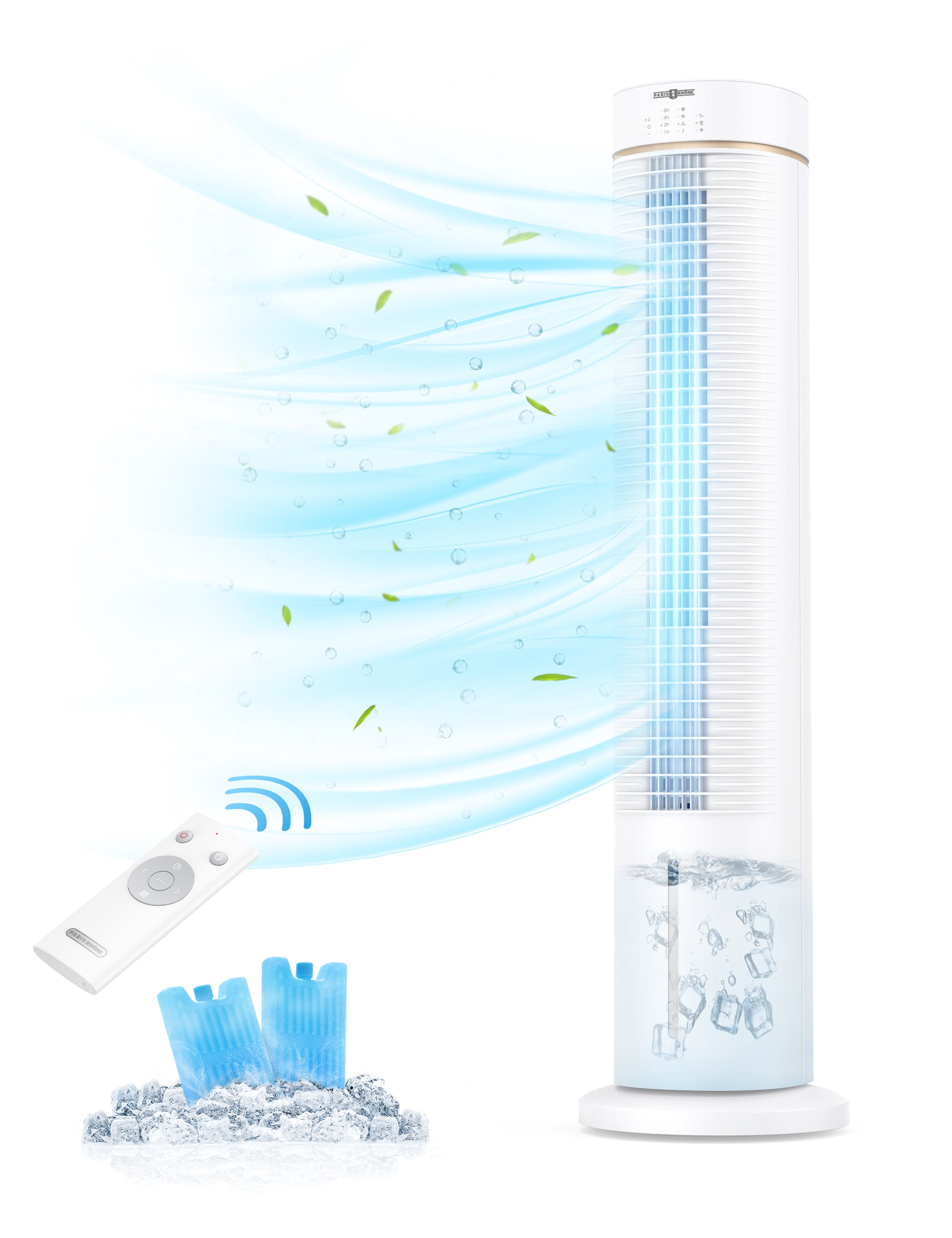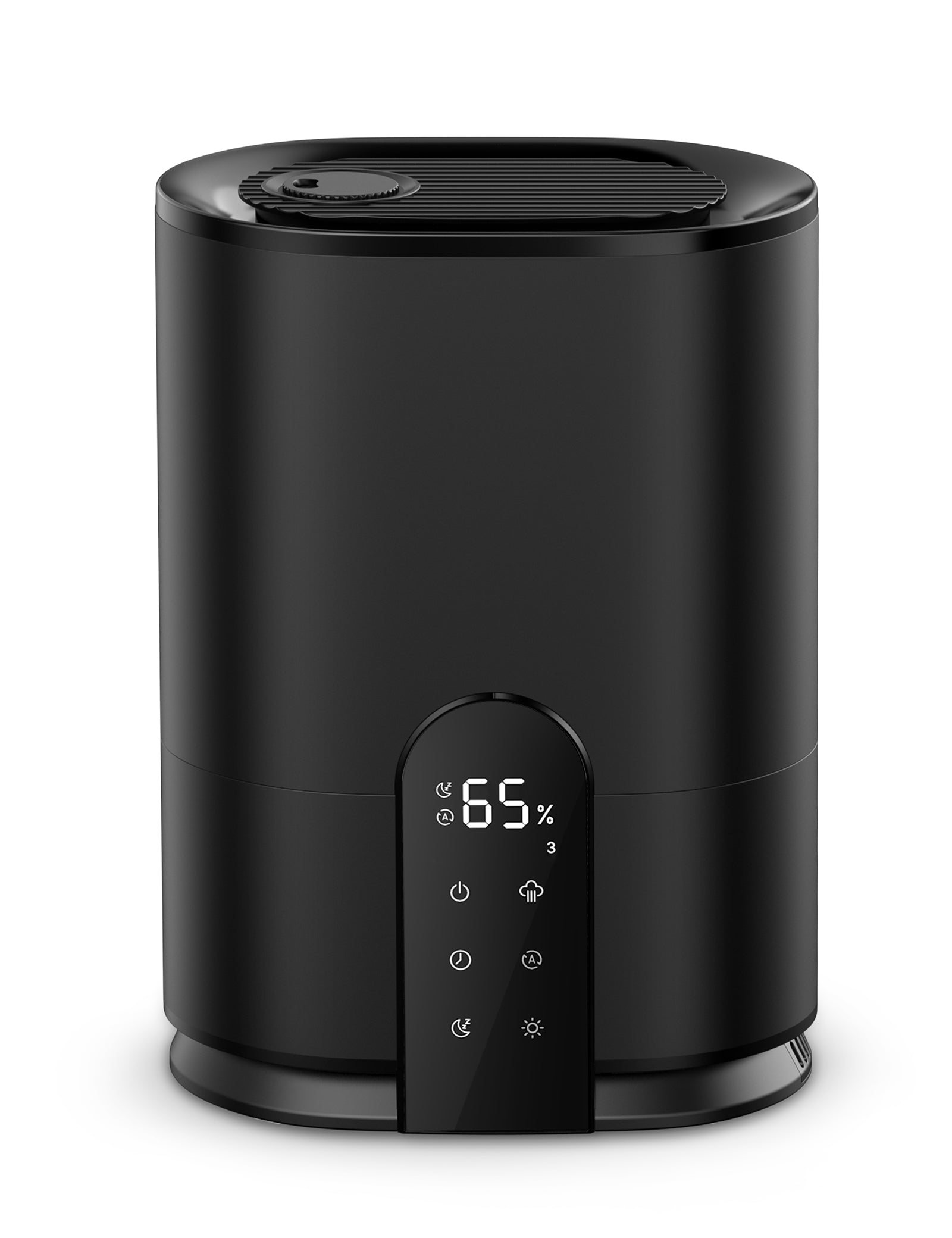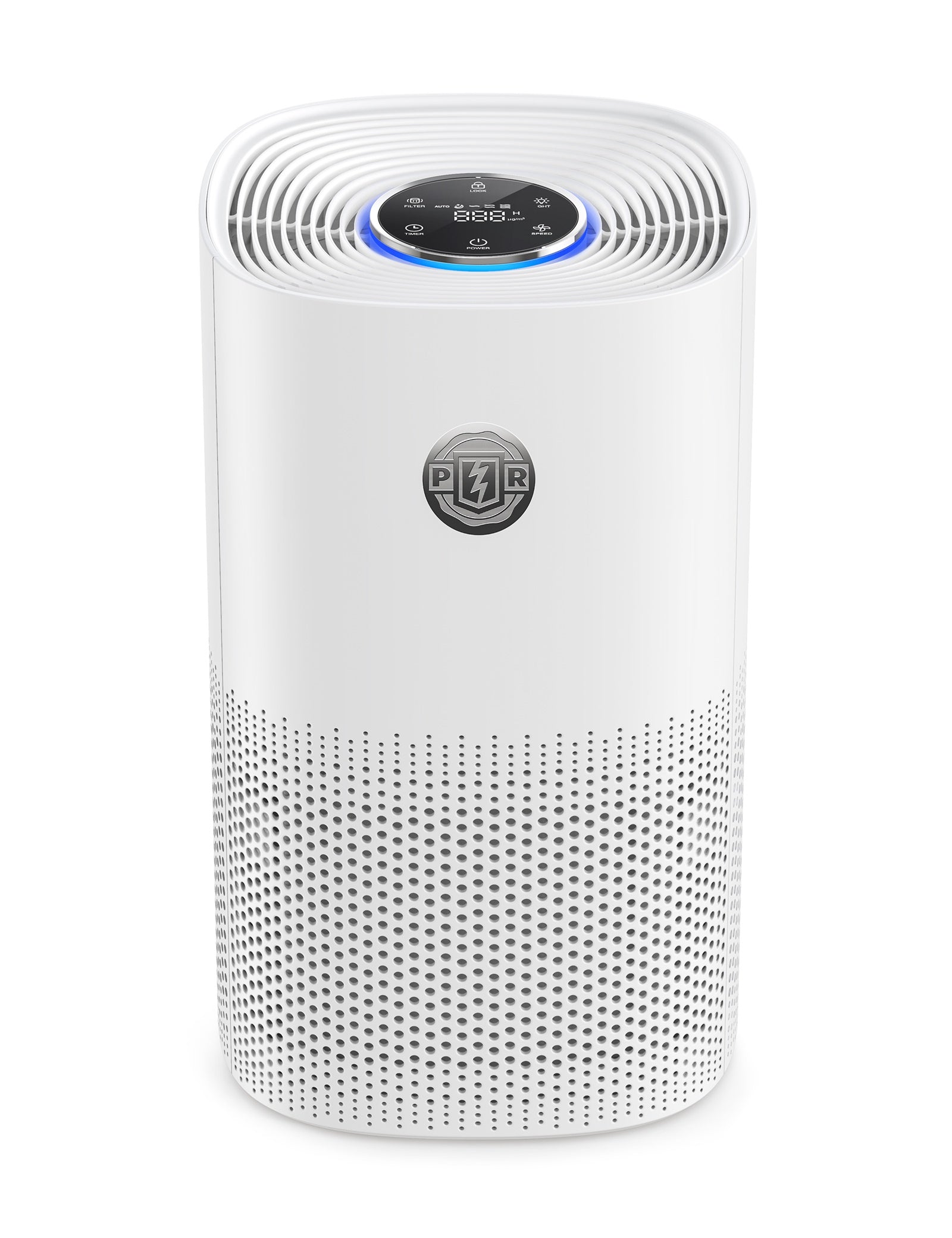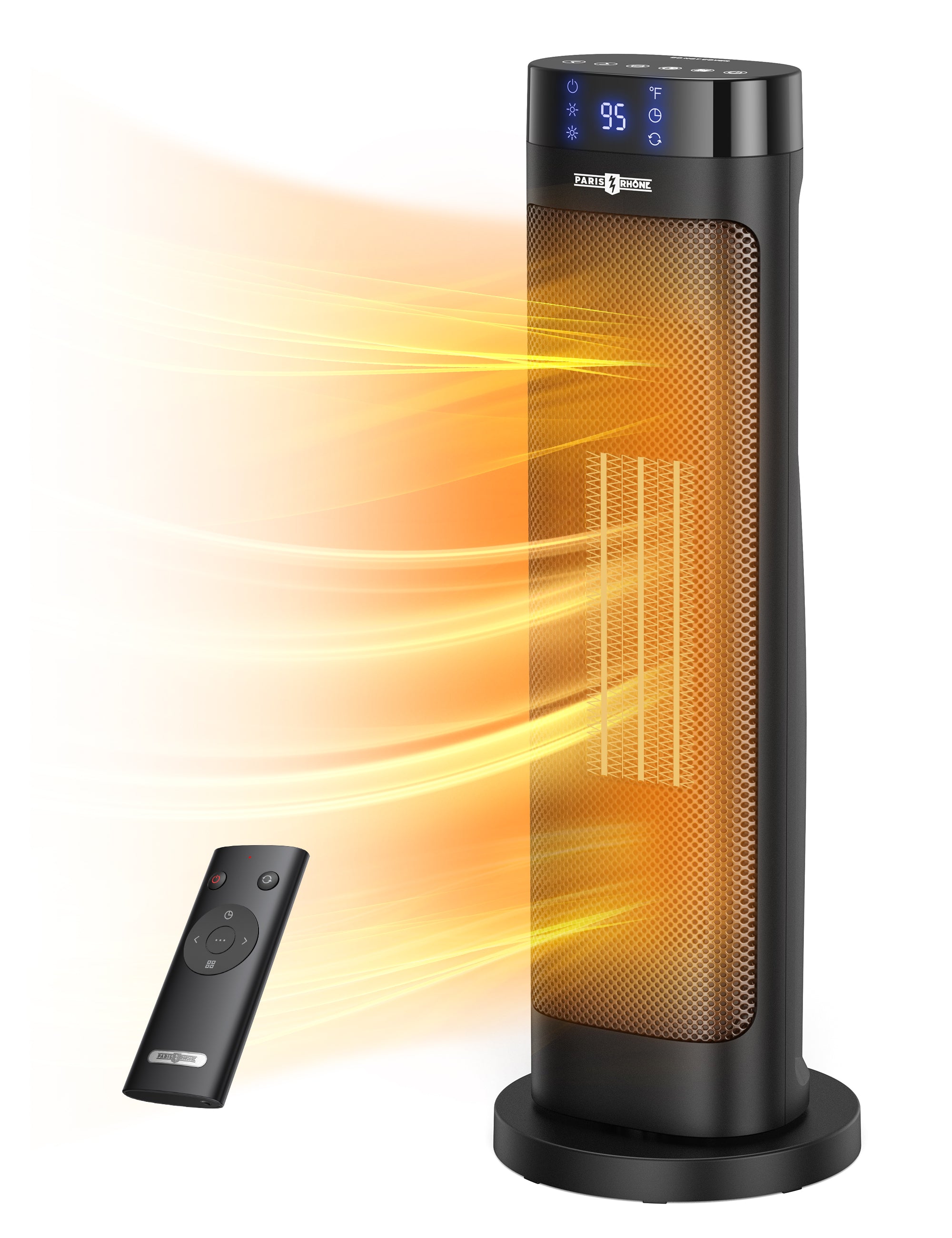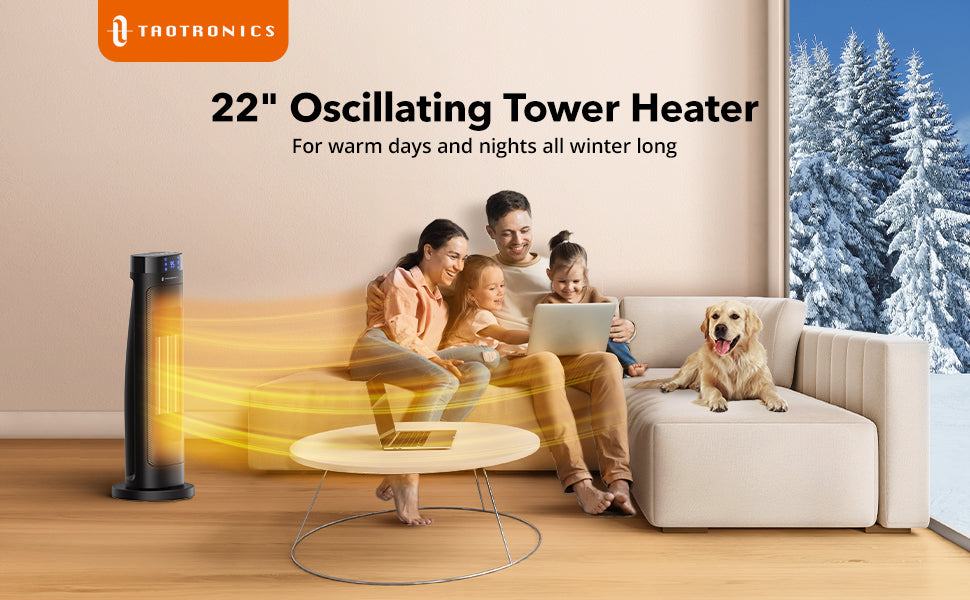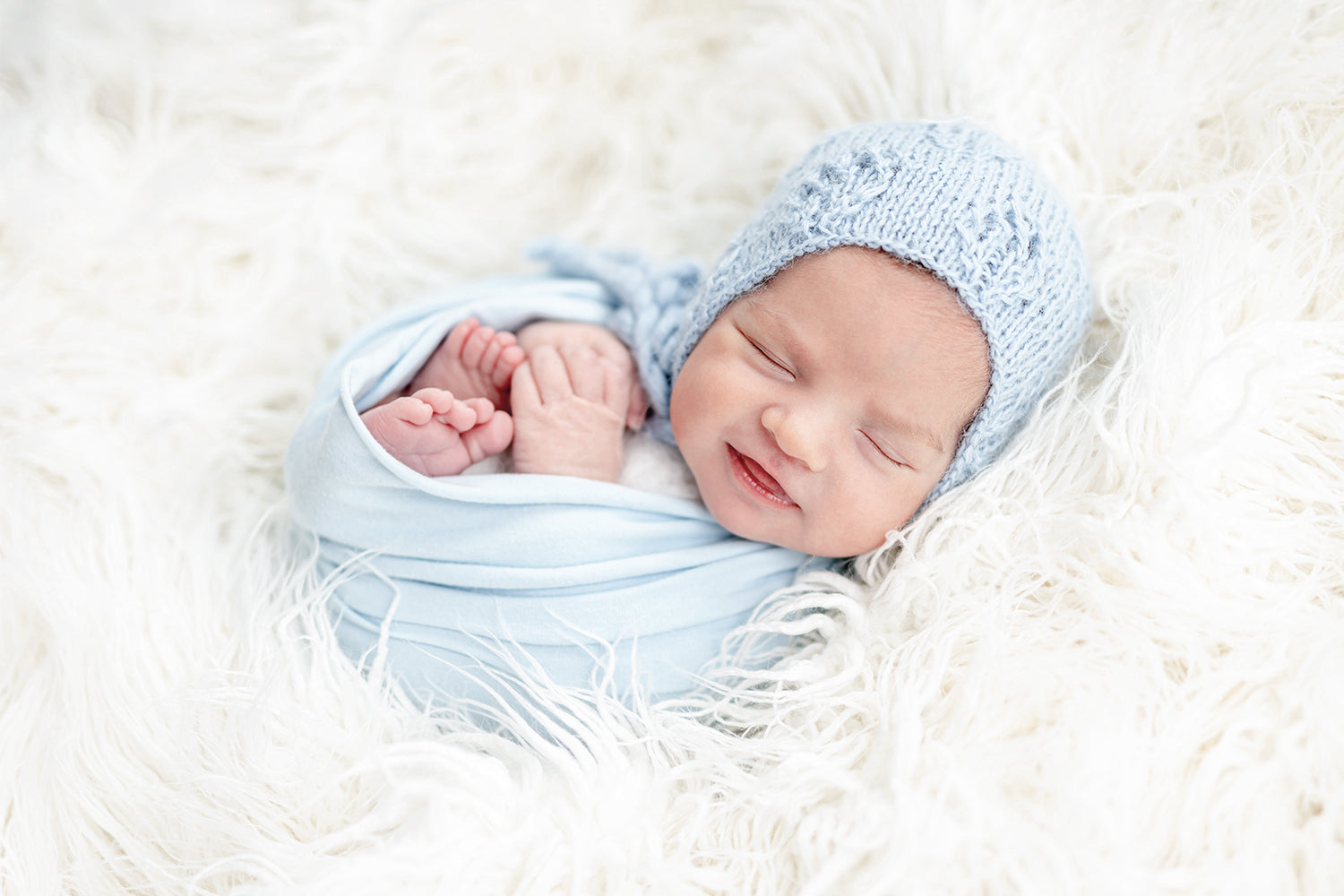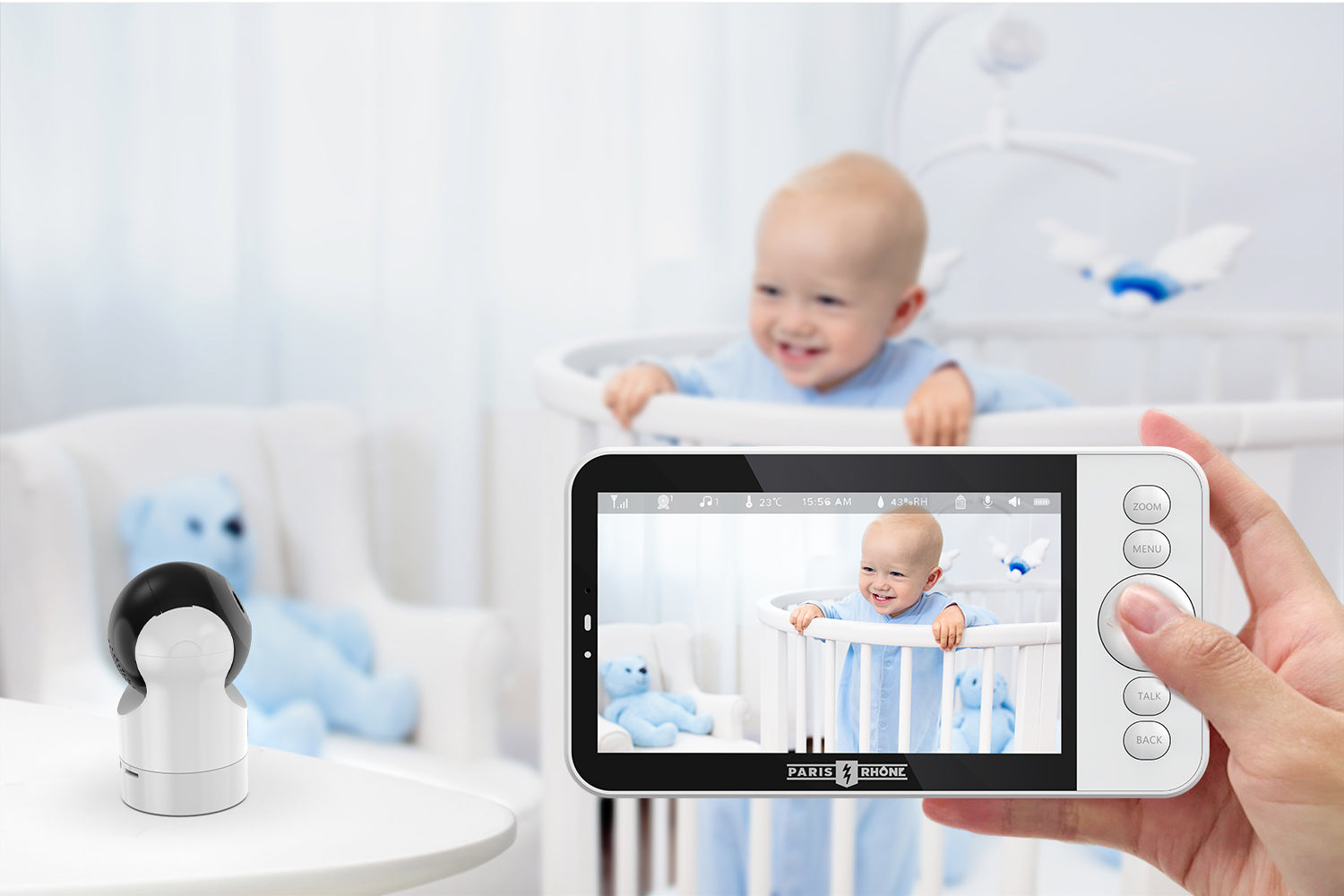For a baby, sleep is vitally important. It helps with their growth and development, as well as giving parents the rest they need.
For the wellbeing of your baby, it can be useful to understand why they need sleep, what can happen if they miss it, how their pattern of sleep works, and how you can pick the right baby monitor to help.
Why Your Baby Needs Sleep
Asking why a baby needs sleep can feel redundant – after all, don’t we all need it?
But just because we all do something doesn’t mean there isn’t value in understanding what it does. And for babies, sleep means even more than it does for adults.
Sleep plays a vital role in the healthy growth and development of any baby. It promotes the secretion of growth hormones that carry vital messages around their body, helping them to develop into a health, happy child.
Meanwhile, inside the brain, sleep gives time for the lessons of the day to sink in. Like a dreaming adult, a baby takes time to absorb their experiences, to turn them into memories, instincts, and understanding. The rest of sleep is therefore vital to brain development and memory consolidation. It’s the making of their personality and their ability to process the world.
On top of all that, sleep strengthens the immune system. Like other bodily processes, the immune system is busy while you’re resting. Sleep is when new immune cells are created, allowing babies to fight off the infections that can be so dangerous for their vulnerable bodies. It’s also the time when those immune cells migrate around the body, getting into some of the most vulnerable places ready to fight off infections as soon as they arrive.
What Happens When Your Baby Loses Sleep?
Because sleep is so important, babies can suffer when they miss out on it, or when the pattern of sleep isn’t right.
This can affect their growth and development. Without proper rest and recuperation, physical growth can be impaired, leaving the baby weaker or slower to grow to their full size.
Connected to this is a compromised immune system. Not only does a stronger, healthier body help in fighting off disease, but the same lack of sleep that disrupts growth will disrupt the creation of immune cells. A baby who isn’t sleeping properly might not develop as many of the tiny guardians in their bloodstream as they need, or get them to the right places to fight off disease. This can even become a vicious cycle, as lack of sleep leads to more sickness which further interrupts their sleep.
Those are the obvious, visible side effects, but others are less clear to see. Lack of sleep means that the brain can’t develop in the way it should. Pathways aren’t reinforced and connections made. This impairs cognitive function, making it harder for the baby to deal with the world around them. It can potentially hinder their intellectual and emotional development in the long term.
Understanding a Baby’s Sleep Stages
For healthy development, babies don’t just need to get enough sleep, they need to get the right sort of sleep.
The sleep of babies is very different from that of adults. While an adult needs a single, uninterrupted block of sleep each night to be at their best, a baby’s sleep is broken up. They spend more time sleeping, but it’s split into shorter stretches of rest, as any parent missing their own night’s sleep can tell you.
The sleep time of newborn babies is divided between rapid eye movement (REM) sleep and non-REM sleep (NREM). REM features more movement, twitching, and changes in breath, while NREM is more still. For the first few months, they spend equal time on both.
After around three months, things change. Sleep becomes more like that of an adult, with distinct stages of NREM sleep, each with different things going on in the brain, as well as a period of deeper REM sleep. But while there are similarities to adult sleep, the order of the stages is different. It takes until around five years old to develop the sort of sleep pattern that will feature for the rest of your life.
Whatever stage a baby is at, a high proportion of REM sleep is essential for brain development. The brain is a delicate, complex organ and it needs that rest in order to grow and settle into proper patterns for mental functioning.
Selecting the Right Monitor
To help your baby get the sleep they need, you’ll need a baby monitor. And the better that monitor is, the better you can keep an eye on what’s happening.
The Paris Rhône 2K HD video baby monitor is a perfect choice. With its 2K HD camera, it sends a high-quality image from your baby’s bedside right to your phone, with a 720P split screen image that lets you watch from different angles.
The system’s smart app for mobile phones means that you don’t need to carry around a separate device to watch and listen for what’s happening, but can use the phone that you’d be using anyway. The system includes AI tracking, to help you keep watch over your baby if they move around. Its intelligent tracking function means you can clearly observe your baby at all times without having to disturb them– the last thing you want is to wake them up by moving nearby when they’ve just fallen asleep!
With the combination of camera and app you can observe your baby in real time, to ensure their safety and your peace of mind.
Be the Angel Looking Over Them While They Sleep
Sleep safety and sleep hygiene are vital to a child’s development. With the latest high-tech baby monitor, you can make sure that they’re getting the sleep they need for healthy development, without disturbing that vital rest.




